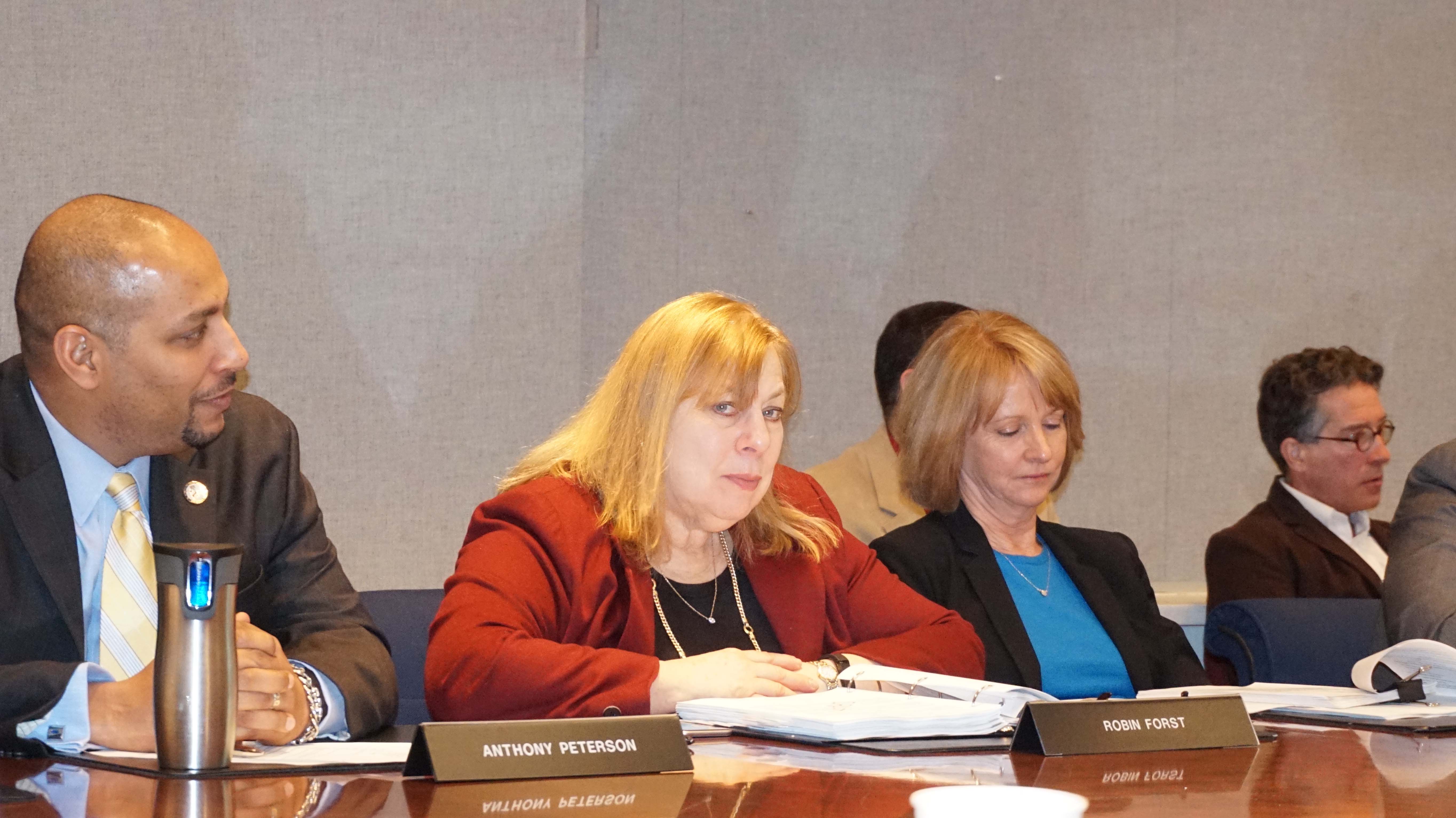This post has been read 2151 times!
 April 30, 2015- By Steven E. Greer
April 30, 2015- By Steven E. Greer
A local advertising flier called The Broadsheet (BS) was given a story from a BPCA insider that exposed a dubious $45,000 contract awarded to a PR firm called Hiltzik Strategies. From the period of September, 2014 through February, 2015 the PR firm was hired for “crisis management”. No RFP was issued, so the contract was awarded without competitive bidding. The BS article implies that it was awarded to a politically connected company.
Of note, BatteryPark.TV first reported on this “crisis management” hiring at the BPCA. In February, the BPCA issued a full RFP for a PR firm that would, among other things, handle crisis management. Our article also pointed out that the highly-paid in-house PR specialist of the BPCA, Robin Forst, was demoted in her job role responsibilities.
In the BS article about the non-RFP-contract to Hiltzik Strategies PR firm, the BS attempts to find evidence of the press publications generated by the contract work. They wrote, “(The NYT’s) David Dunlap, who wrote a piece about the opening of Pier A that appeared on January 14, said, “the Authority’s spokesperson, Robin Forst, pointed me toward Hiltzik, and they arranged for me to speak to BPCA president Shari Hyman.” …Mr. Dunlap’s story, which is 835 words long, contained a single quote from Ms. Hyman, which is 25 words long.”.
BatteryPark.TV has also interviewed Mr. Dunlap about this same Pier-A story. We spotted inaccuracies in his reporting and sent him an email. Mr. Dunlap replied, “Dear Dr. Greer, I think you should submit a letter, but I will also keep your very helpful information in mind if I write about the project again. Thank you so much. Sincerely, David Dunlap”.
However, after we wrote a letter to the NYT, they failed to publish it. We asked why, and Mr. Dunlap wrote, “Dr. Greer: I am writing to let you know why I do not believe a formal correction is warranted. I am only a reporter, so this may not be dispositive and you may well be hearing from one of my colleagues with differing news. But at least you ought to know what’s going on behind the curtain.”.
Mr. Dunlap then went on to attempt to help us further by drafting a letter that he thought might be published. He wrote, “The reason I suggested you write a letter to the editor was to give you the opportunity to say something along the lines of: “Your recent article about Pier A should have dug a little deeper and asked questions about why there is no visitor center and why the Poulakakos partnership hasn’t received its liquor license yet. Also, your reporter may have been too credulous in accepting the partnership’s $20 million estimate for its own contribution to the project. And, by quoting Shari Hyman, he may have inadvertently implied that her administration should be credited with the project, when it was in fact the administration of James Cavanaugh that got the project going.””
We then submitted a letter to the NYT that was very similar to Mr. Dunlap’s suggestion, and again, it was not published. This time, the editor replied, “Dear Dr. Greer: We received your letter, which follows Mr. Dunlap’s response to you, and have decided not to run it. Sincerely, Thomas Feyer, Letters Editor.”.
So, despite the actual author of the NYT Pier-A article advocating his best for our corrections to be published, the editor ignored him. In an act of hubris, they completely dismissed BatteryPark.TV’s concerns with the article.
We suspected all along that Mr. Dunlap’s puff piece on Pier-A was nothing but a PR-placed infomercial, but we lacked proof. Now, the BS article confirms that the PR firm Hiltzik Strategies was used to get the story published.
All newspapers, including the NYT, are now struggling financially as few people buy printed papers any more. They are resorting more and more to alternative forms of advertising, such as PR-placed puff pieces. A good rule of thumb to use when assessing the credibility of a newspaper story is this: Virtually all human interest stories or features of local businesses were placed after a PR firm greased the wheel with cash. It is a pay-to-play world in the newspaper business.
